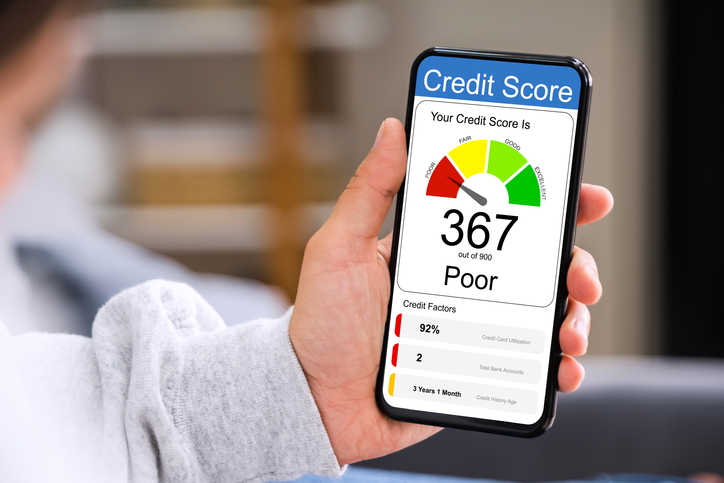College is expensive. There are many reasons a person may choose not to go to college, but by and large it’s the expense that gets people to skip pursuing a college education. But it doesn’t have to be! Here are some tips to get through college with NO debt. We’re not even kidding. Some of these tips may not be right for you, but they may help you save some money or consider options you’d never thought about.
Get Good Grades
Starting your freshman year in high school, do your best to get all A’s. Many colleges offer full tuition for outstanding grades, and you’re more likely to score scholarships. If you didn’t ace high school, no problem. There are other scholarships and grants you may be eligible for.
Fill out the FAFSA
Families that fall below a certain income depending on their family size are eligible to receive government grants to attend college. This money is set aside by the government to help people further their education, so take advantage of this program! Remember to apply early – each state has a different deadline, and it’s usually in the early summer for the following year. (https://fafsa.ed.gov/fotw1516/pdf/Deadlines.pdf)
Work on Your Associate’s Degree While Still in High School
Many AP (Advanced Placement) or ‘concurrent’ classes will count as college credit at your local community college. It will take more work while in high school, but the classes are free, so it’s a great way to get a head start. They’ll count as college credit AND high school credit. Meet early on with high school and college counselors to make sure the credits will transfer correctly. Many students are able to complete and Associate’s Degree by the time they graduate high school or soon after.
Attend a Community College first
An Associate’s Degree from a community college holds the same weight as that from a university. The real value of a university’s status is in where you do your undergraduate and graduate degrees, so save money by taking general classes at a community college.
Stay in State
Residents always have a lower tuition that out-of-state students, so stick close to home to cut costs.
Live at Home
If you’re staying close to home for college, don’t move out of your parents’ house just yet! Housing is one of the largest expenses of heading to college, so if your parents are cool with it, camp out a little longer.
Apply for Scholarships
Take the time to do research to find out which scholarships you may be eligible for. There are literally thousands of scholarships, and you’re likely to be eligible for at least a couple of them, so apply for as many as you can.
Buy and Sell Course Books Online
Campus bookstores are convenient, but they will cost way more than buying your books used online from craigslist or Amazon. Make sure you’re buying the correct version! You can sell them back to other students when you’re done with them as well. Never buy them new! Sometimes you can even get away without buying the books for the course – I had a few classes where I never even cracked the spine of the book, and I was pretty peeved that I had spent money on it. Check your syllabi when the class starts before buying the books to make sure they’re actually going to require any reading.
Get a Job
If you don’t want your grades to suffer, consider just a part-time evening job. You could even take evening classes and work during the day instead – just make sure it doesn’t interfere with your study time. Many on-campus jobs are simple enough that they allow you to study while you’re on the clock, too. The pay may be lower, but if you can get paid to study, it’s well worth it.
Use Public Transportation
If you live in a big city with easy access to public transportation, take full advantage. With a job on top of all your classes, you’re going to love the extra time to study on the bus or train instead of driving – plus you won’t have car payments.
Take the Maximum Number of Credits Each Semester
“Full load” is usually counted at 12-15 credits, and many colleges allow you to take up to 21 credits for the same price. Sometimes you’ll have to pay for the extra credits, but it will be significantly cheaper after the full load is reached. More credits per semester equals less semesters, which costs you less money! Only take as many credits as you are confident you can handle, so don’t take all your intense classes at once.









